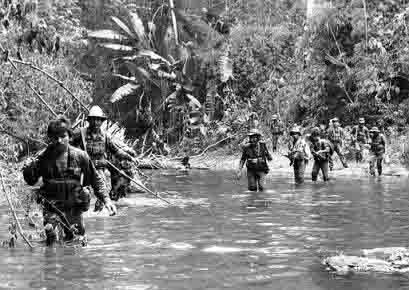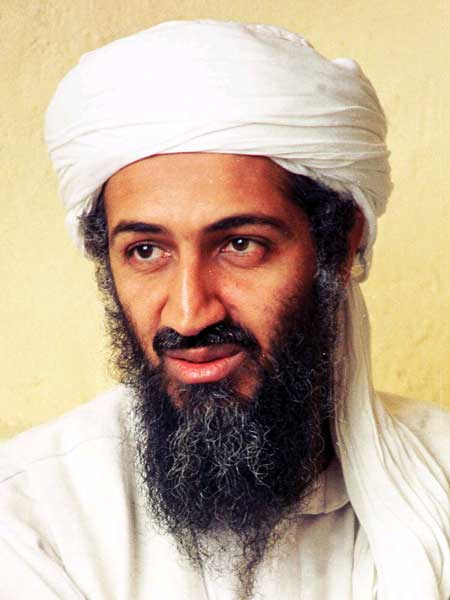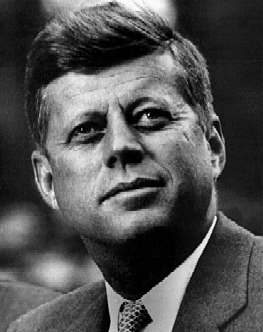The Korean War refers to a period of military conflict between North Korea and South Korea. The conflict arose from the attempts of the two Korean powers to re-unify Korea under their respective governments. The period immediately before the war was marked by escalating border conflicts at the 38th Parallel and attempts to negotiate elections for the entirety of Korea. These negotiations ended when the North Korean Army invaded the South on June 25, 1950. Under the aegis of the United Nations, nations allied with the United States intervened on behalf of South Korea. After rapid advances in a South Korean counterattack, North-allied Chinese forces intervened on behalf of North Korea. While some have referred to the conflict as a civil war, many other factors were at play. Each side was supported by external powers and the conflict expanded, becoming a proxy war in the Cold War between the United States and the Soviet Union.




















